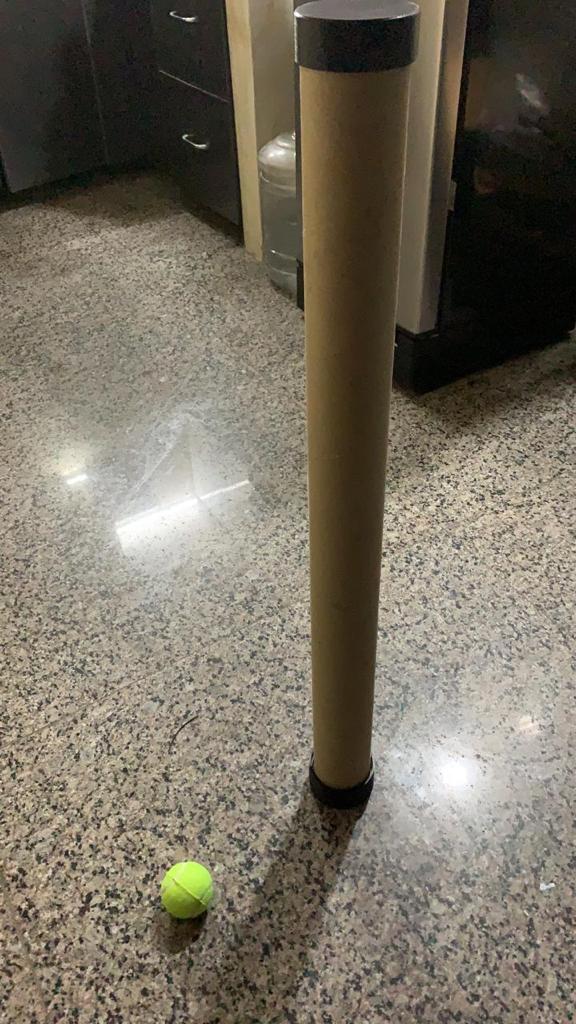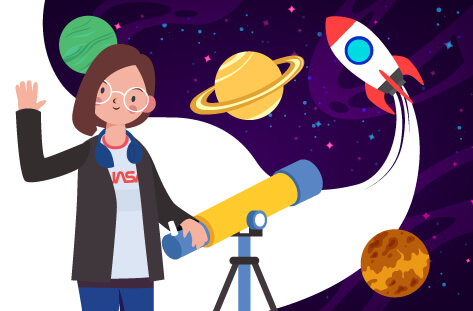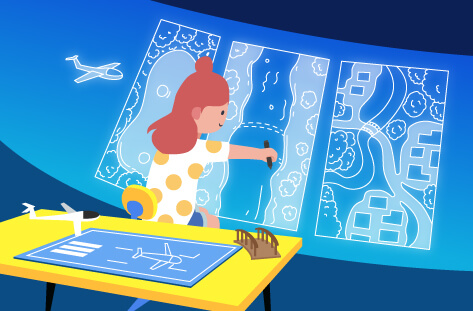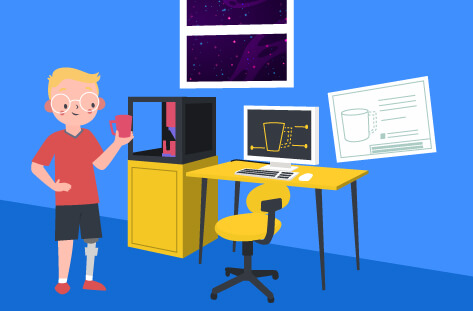

Creativity is not equal to being Artistic. if you are good enough to express your idea, you are creative. This course breaks you free from the myth that you need to be an artist in order to be creative and gives you creative confidence.
Product Design is the best way to integrate Arts with Math and Science. While doing this course you may unleash the John Ive or James Dyson side of you and consider design as a potential career. And the most exiting part is that in each project lets you actually 3D print your design.
You will need the following resources & materials to work on the project
- An empty plastic bottle
- Cardboard made into a cone and 4 fins
- A cork
- A pump with a needle adaptor water

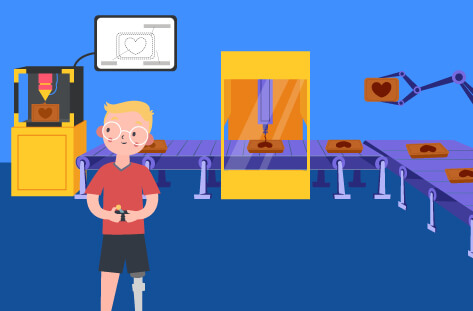
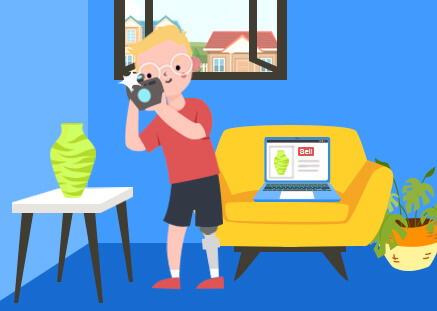
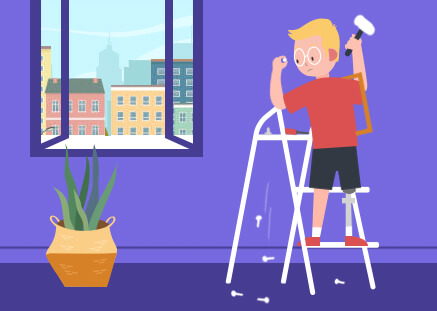
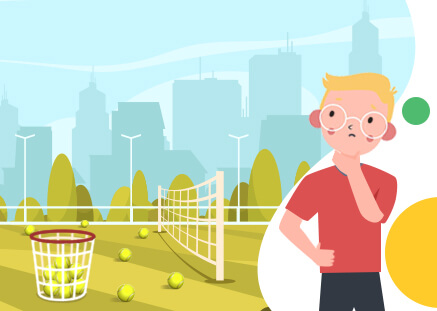
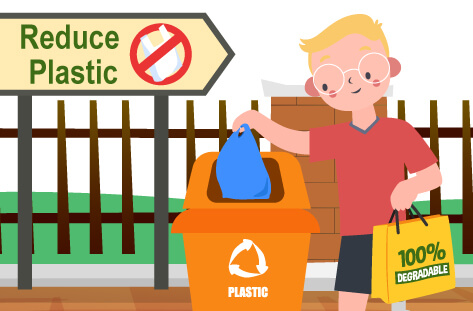
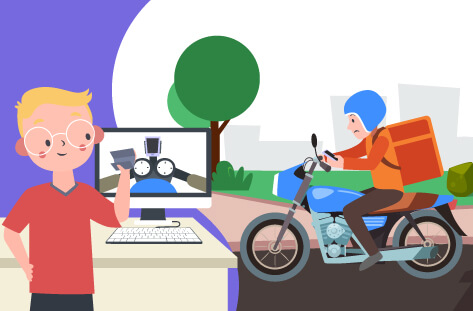
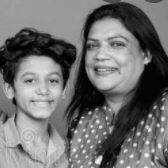
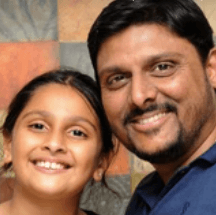

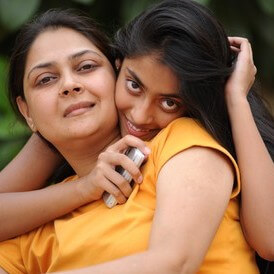
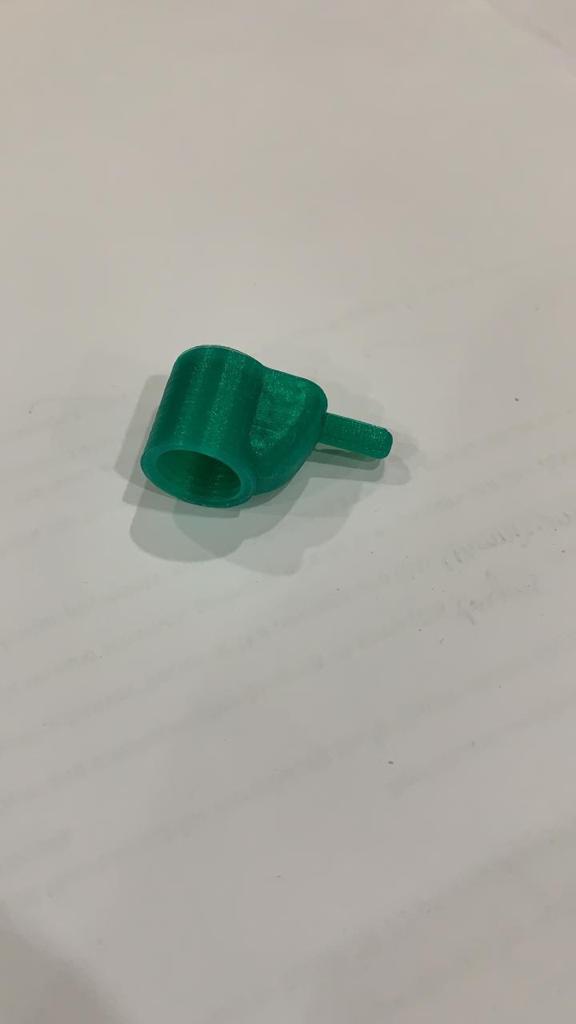
Learners Project
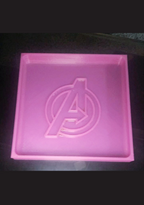
Learners Project
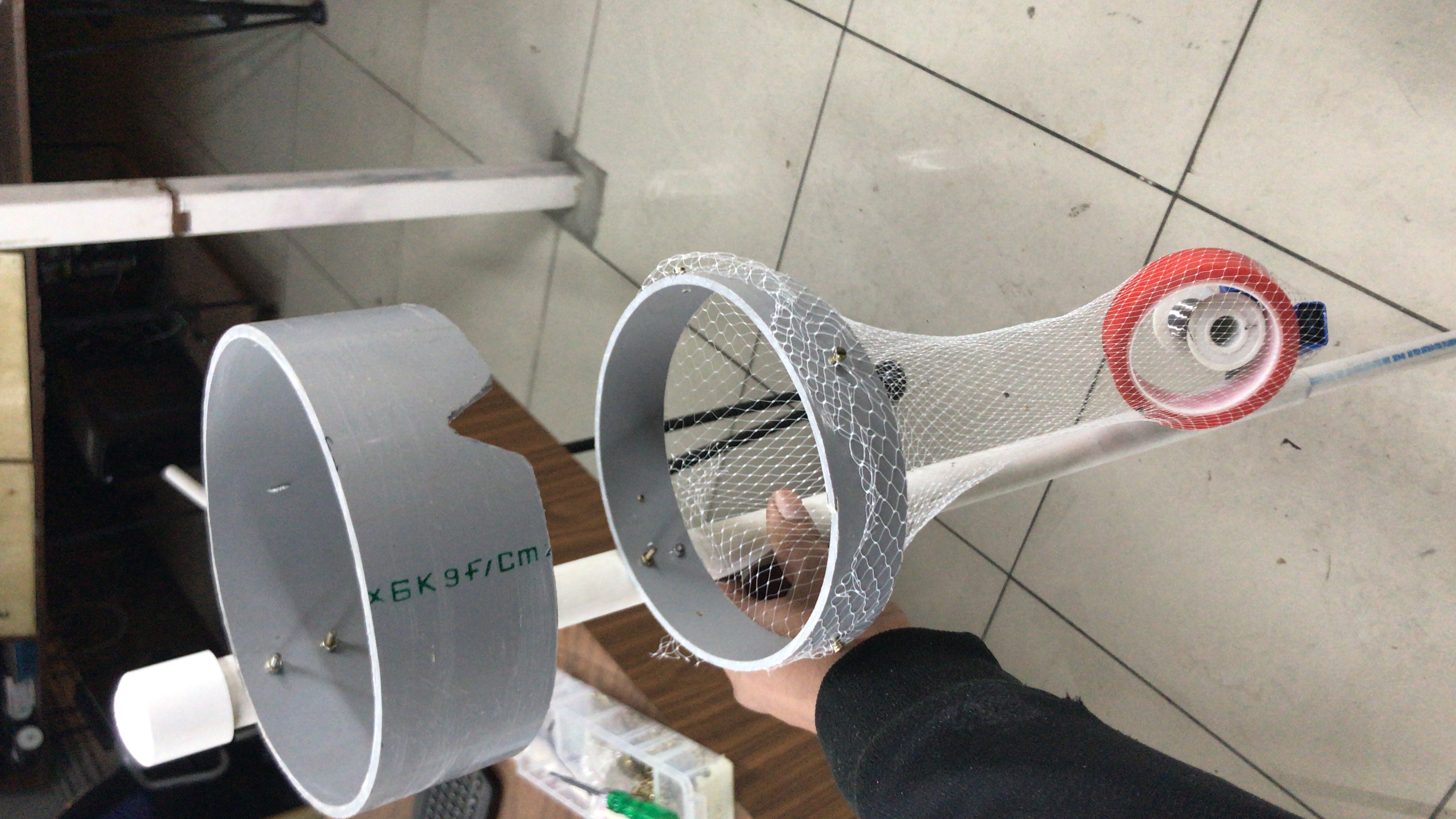
Learners Project
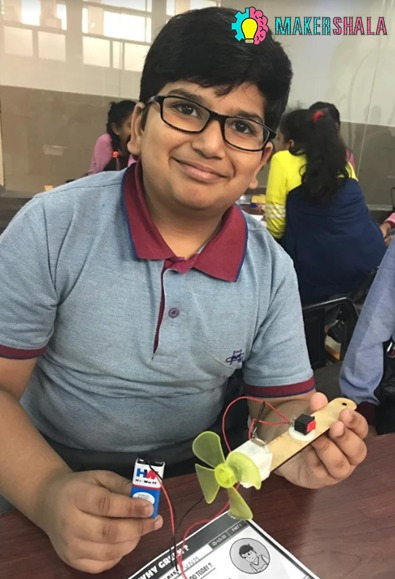
Learners Project
